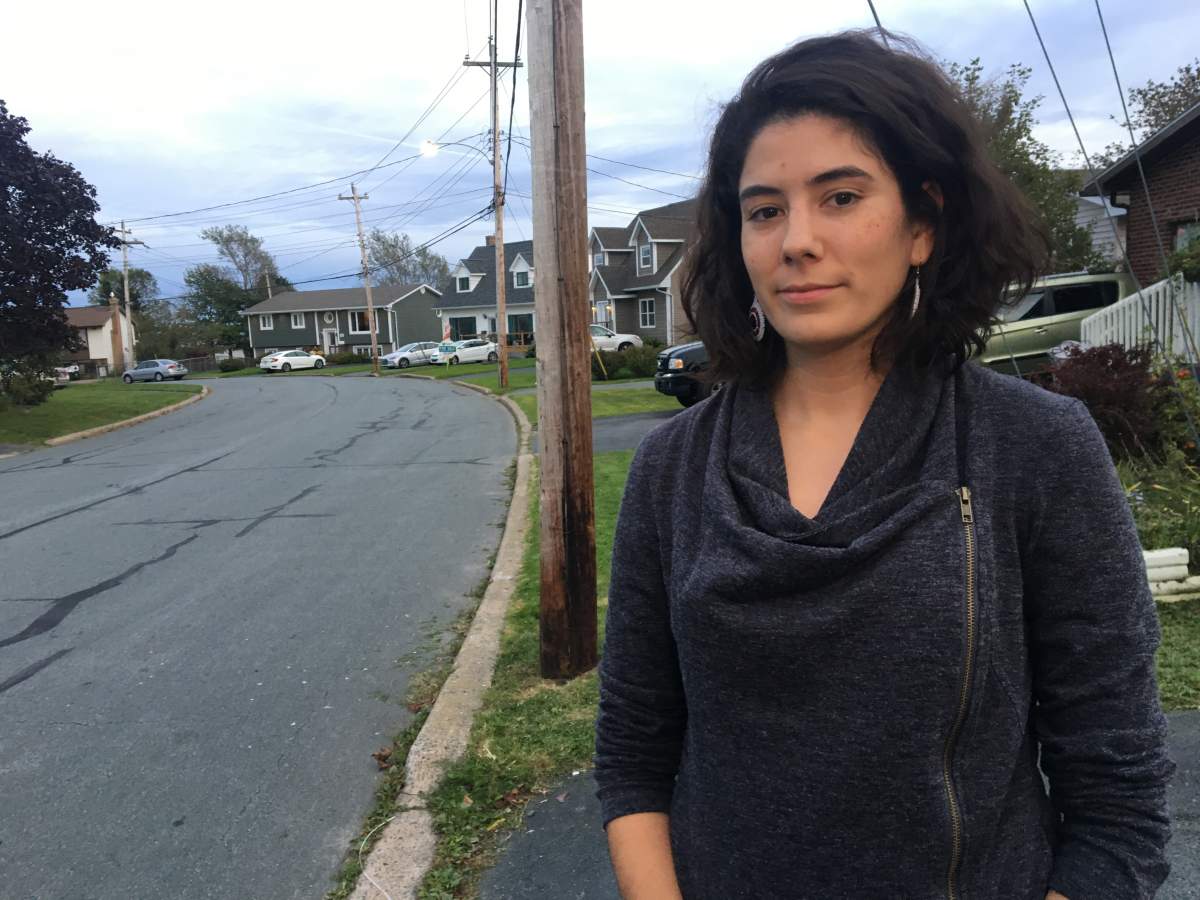Halifax Regional Council has taken the next step in assessing what role, if any, that the city’s controversial founder will play in the future.

On Tuesday the council voted 15-2 to launch an eight-person special committee to advise the city on how it will commemorate Edward Cornwallis.
Matt Whitman, councillor for Hammonds Plains-St. Margarets and Steve Adams, councillor for Spryfield-Sambro Loop-Prospect Road, were the two “no” votes.
READ MORE: Halifax council disrupted after mayor reads declaration from ‘Removing Cornwallis’ protesters
Shawn Cleary, councillor for Halifax West Armdale, brought the motion forward.
“This is historic for us,” he told council before the vote.
“I’m hopeful this is another step in rebuilding the relationship that for the last 400 years has not been a terribly good relationship.”
Rebecca Thomas, Halifax’s poet laureate, says it’s taken a long time to get to this point, mostly due to the push-back from the non-Indigenous world.
“Non-indigenous world has a lot of work when it comes to understanding and accepting indigenous people and history and voice and perspective. Right? We wouldn’t be having this conversation if we were the accepting society that everyone likes to say that we are,” she said.
“But when people get so upset, at the thought of having a conversation where an additional piece of history is added, or equalized, we’re not where we think we are.”
The special committee is expected to provide council with advice on what to do with a statue of Cornwallis in downtown Halifax, as well as make recommendations on honouring Indigenous history.

Get breaking National news
According to the city’s staff report, the budget for the committee is capped at $50,000.
Each of the panel’s eight members is expected to receive an honorarium of $150 per meeting of the panel, up to a maximum of $2,100.
For Whitman, that was one of the reasons he voted against the motion. He told Global News that he didn’t feel comfortable compensating certain committees over others.
“All committees and volunteers are equally appreciated in my opinion,” he said.
Whitman added that he would’ve liked to see the mandate for the committee to be fact-based, which it isn’t, as well as being too specific. Whitman said that the motions focus on Cornwallis rather than a wider vision of reconciliation and assessment of other historic figures in Halifax’s history, sealed his no vote.
WATCH: Municipality to reassess how Edward Cornwallis is commemorated

The composition of the committee is yet to be decided and there is no set timetable for how long the process will take.
Two amendments proposed Tuesday were both shot down. One would have eliminated the committee’s option of taking a “phased approach” to the work, which recommended deliberating first on the commemoration of Cornwallis and then investigating the broader question of honouring Indigenous history.
A second rejected amendment would have removed remuneration. Some councillors expressed concern that paying members an honorarium would set a precedence of having to pay for work normally done by volunteers.
No matter the recommendation from the advisory committee, the final decision on the future of the Cornwallis statue, and how the city commemorates its founder, will be left in the hands of the municipality’s 16 councillors and Mayor Mike Savage.
Thomas hopes that when making their decision the committee recommends something that will represent the unceded Mi’kmaq territory Halifax now rests on.
“I hope that that statue is either removed, or contextualized, or have a counter-piece somewhere else, that stands for this is Mi’kmaq territory, still. It didn’t stop being Mi’kmaq territory when it became Halifax, the same way that I didn’t stop being somebody’s daughter when I became somebody’s wife,” she said.
Cornwallis in context
The dispute over Cornwallis came to the forefront of Halifax’s political consciousness in May 2016 with a failed motion at regional council to examine the issue.
Most recently, a 100-person protest was held earlier this year as indigenous activists called for a statue of Cornwallis to be removed.
The activists argue that Cornwallis is a symbol of colonial oppression, a man who issued a scalping proclamation against Mi’kmaq people and unleashed death and destruction on Indigenous inhabitants.
Others argue, that the removal of Cornwallis is tantamount to erasing history.
— With files from The Canadian Press









Comments
Want to discuss? Please read our Commenting Policy first.